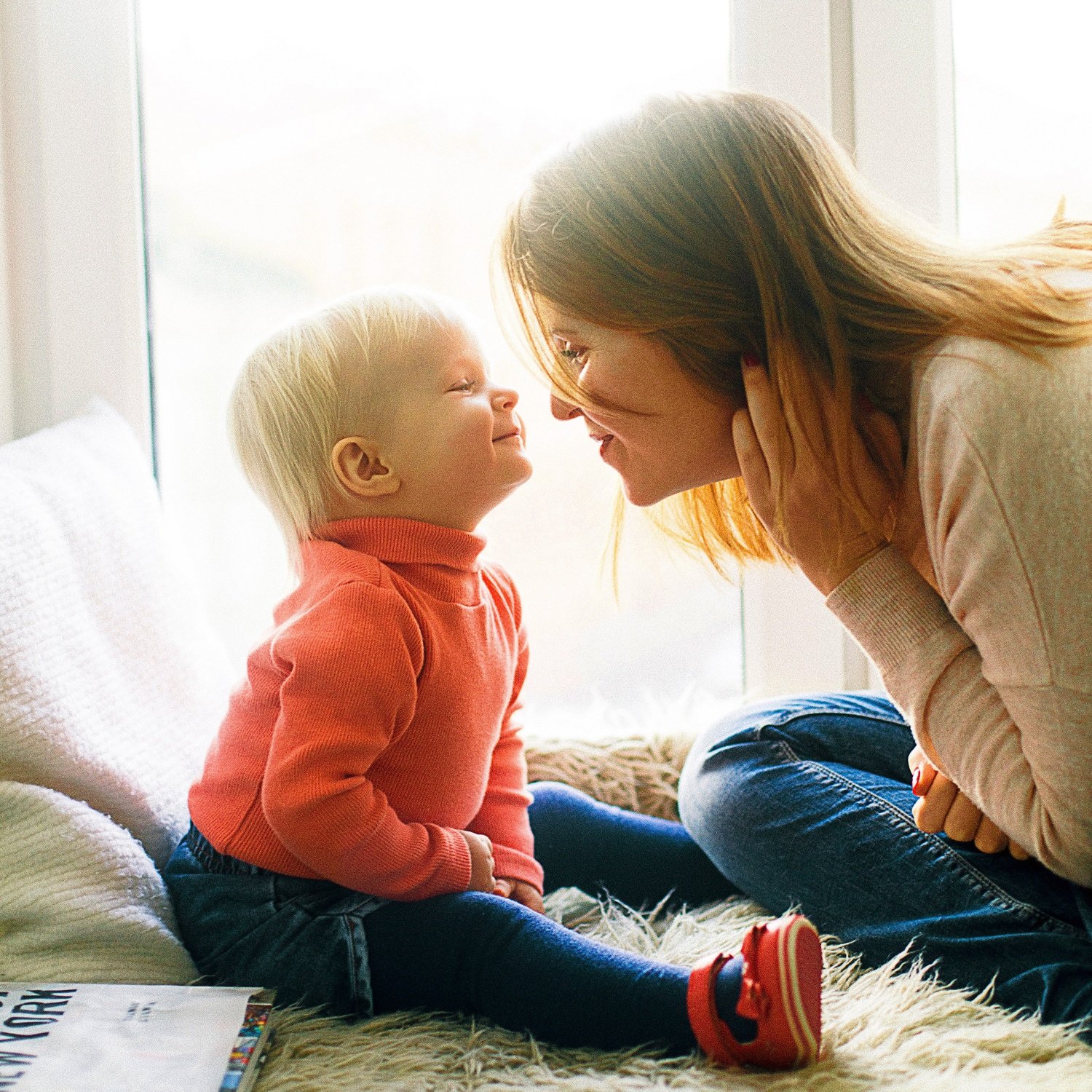Annette Zeelie: How Brain Gym can boost couples’ relationships
Wouldn’t it be helpful if you and your partner knew whether one of you had a “blocked” eye or ear? Educational kinesiologist Annette Zeelie explains how Brain Gym® can determine individuals’ stress profiles, and enhance brain function through targeted movement. Children as well as adults can improve their concentration, communication, memory, stress management, emotional self-regulation, self-confidence, sport and academic achievement – and relationships.
Moms: Nurturing your baby, nurturing your brain
Neuroscience shows that Mom’s brain changes as she expects, births and nurtures her baby. How about Dad’s brain, or that of a foster mom or caretaker? Cozette Laubser explains how certain areas in the brain shrink or grow, how close contact with a baby “rewards” parents with feel-good hormones, and how being nurtured helps children develop a regulated nervous system. She reassures parents that parenting means growing a skill set and offers advice on exhaustion and moms returning to work.
Help your little one learn about identity, belonging and consent
Learning about identity, belonging and consent - and knowing which adults are “safe” - can help young children deal with life challenges more easily. Early childhood development specialist Mari Payne explains how the edutainment television show ‘Takalani Sesame’ equips littles ones in a playful way. She suggests fun activities for parents, teachers and caregivers. Sponsored content.
How birth can shape a brain-body system geared towards resilience
Skin-to-skin contact during the 6 hours after birth has an enormous impact on the bond between Baby, Mom and Dad. Childbirth educator Cozette Laubser from BabyGym® describes how this affects a baby’s brain and those of its parents, and the role played by the triune brain, oxytocin, dopamine and cortisol. She offers practical guidelines for babies born prematurely or by Caesarean section - and supporting bonding once Baby goes home.
Effective communication: Can your parenting style help prevent narcissism?
The causes contributing to the development of narcissism are complex and include genetics, neurobiology, and environmental factors such as culture and parenting. Body language expert Tania Steyn discusses parenting style as one possible contributor to the development of narcissistic traits and explains how effective nonverbal communication - including eye contact, mirroring and fronting - can foster bonding and help children build empathy.
Help your little one deal with big feelings
Many parents, caregivers and young children are feeling stressed out, especially after the Covid-19 pandemic. Mari Payne, involved in Takalani Sesame, explains how adults can recognise overwhelming feelings in kids and support them; what is necessary for children to thrive; and why self-care for adults is so important. She offers easy and practical tips for calming down a child – and yourself!
Nurture your child’s emotional growth – and your mutual bond
Young kids’ and tweens’ emotional health seldom gets the attention it deserves. Actress Milan Murray, collaborating with mental health experts, has created journals for 6-to-13-year-olds prompting reflection and self-understanding. Exploring their identity in an age-appropriate way – and being part of The My Story Tribe - helps them stand stronger, set healthy boundaries, overcome challenges, and have fun!
How does the force of gravity affect your child’s development?
A ground-breaking book offers important scientific discoveries about the influence of gravity and the vestibular system on children’s physical, emotional, social and intellectual development. Dr. Melodie de Jager explains how delayed milestones, poor sensory integration, autism, anxiety disorders and other challenges can, in many cases, be improved through “movement as medicine”.
Once you learn to read, you’ll be forever free
Reading with comprehension is the foundation of academic achievement, yet many children have reading difficulties. For South Africans, the PIRLS study was an unsettling wake-up call. Developmental specialist Dr. Melodie de Jager explains why the brain and the body must be ready to learn to read, and how the force of gravity is involved. She introduces a ground-breaking reading readiness programme based on neuroscience, ticking all the boxes to prepare children to learn to read – and, in time, become fully literate.
Giving your baby the best pregnancy and birth experience
Developmental specialist dr. Melodie de Jager introduces a free, weekly blog for the woman who wants to be a mother but doesn’t know where to start. “The Art of Co-creating” will also interest dads, grandparents, and anyone fascinated by the science behind the shaping of a baby. Melodie tells Mariette about fictional characters Zani and Jake’s compelling journey - navigating their emotions, seeking clarity, and making choices informed by scientific research on preconceptual care, prenatal development, birth, and other key subjects.
Do you or your child have a sensory integration issue?
Do you know someone who is particularly choosy about food, avoids crowds in shopping malls, struggles with eye-hand coordination, or has difficulty functioning in an open-plan office? The cause could be sensory integration dysfunction or SID. Occupational therapist Charlene Cruickshank describes sensory discrimination and modulation, the two extremes of poor sensory processing, and how this disorder is identified and treated.
ODD: Do you have a stronger than strong-willed child?
Some children’s defiance has a neurological basis - it could be Oppositional Defiance Disorder, or ODD. A general practitioner with a special interest in neurological conditions describes what ODD is, which signs to look for, how it is diagnosed, and how it can be treated. Parents of children with ODD require additional support.











